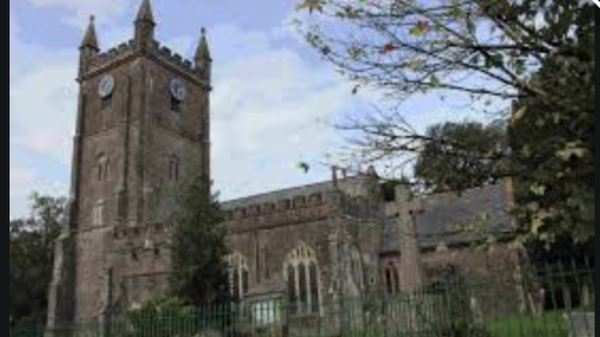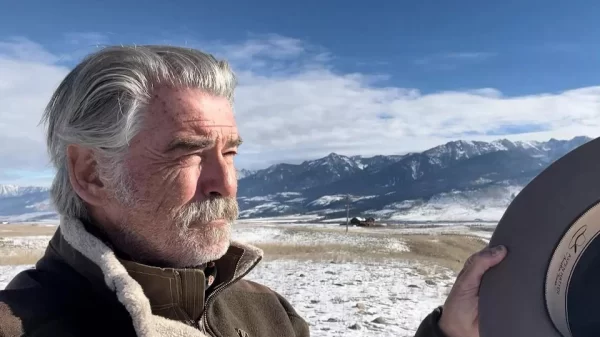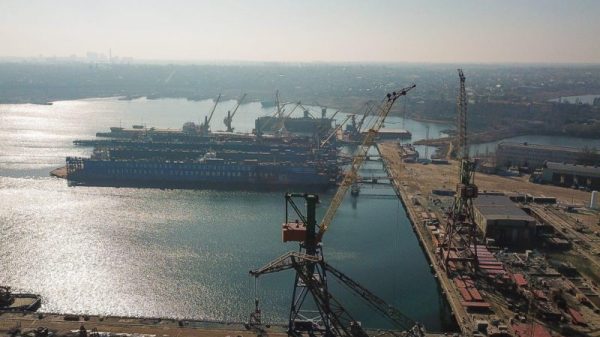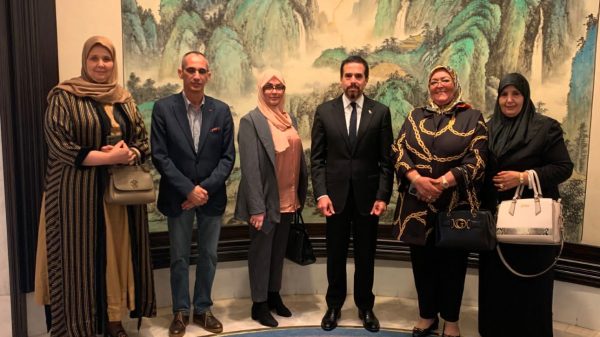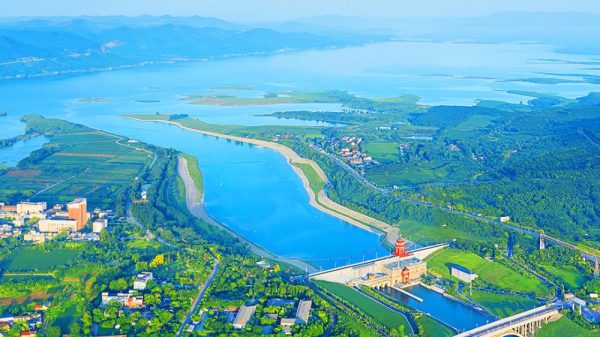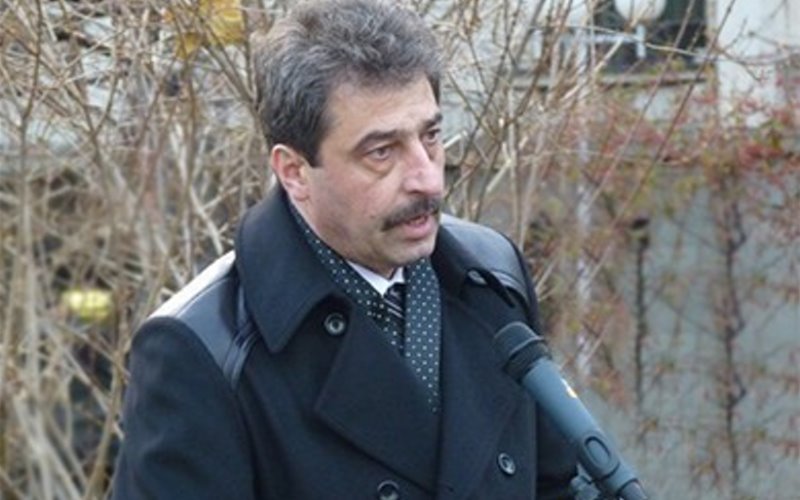The Balkan country has been a member state of NATO and the EU for almost 20 years, but oligarchs and politicians who are close to them are pushing it back to Russia’s sphere of influence.
Located at the crossroads between East and West, Bulgaria, which lies on one of the EU’s external borders, has always been a key point in geopolitics and redistribution of influence due to its strategic geographical position. But geography is only one side of the coin here.
A close and trusted ally of Moscow in the days when the USSR was still on the geopolitical map of the world, this Balkan country turned its back on Soviet Russia and took the road to democracy in the early 1990s.
Thus, it joined NATO in 2004 and the EU in 2007. Although for almost 20 years now Bulgaria has been part of these alliances, professing the same values – of democracy, market economy and respect for human rights, the country still vacillates in terms of its foreign policy and its society seems to be even more at a crossroad between the West and the East now than it was decades ago. This became most evident after Russia’s invasion of Ukraine. Although, unlike other countries such as Hungary for instance, Bulgaria does not threaten to impose a veto on the EU’s sanctions against Moscow, this Balkan state seems timid in its support for Ukraine.
There are many examples of that. At the start of the war, the then ruling majority delayed adopting a declaration condemning Russia’s invasion, and although in November 2022 the Bulgarian Parliament did approve a decision to send weapons to Kyiv, this happened after weeks of political scandals. And just recently, although the EU member states approved sending 1 million rounds of ammunition to Ukraine for 1 billion euros, Bulgaria’s President Rumen Radev announced that the country will not participate in these supplies.
On top of that, Nikolay Malinov, a Bulgarian politician from the former communist party and chairman of the Russophile movement in the country became the President of an international organization, which purpose is to advocate in favour of Russia.
What lies behind this political meandering? It does not seem to be because of the unwillingness of Bulgarian citizens to be part of the Euro-Atlantic community. On the contrary, a sociological research poll, published in December 2022, showed that the majority of the citizens continue to approve of Bulgaria’s membership in the EU (71%) and NATO (57%). These results demonstrate that society as a whole remains consistent in its decision about where it should belong to.
What then? According to analysts and media reporting, the reason for this weird geopolitical dance is due to oligarchs tied to them politicians, who are trying to push Bulgaria back to Russia’s sphere of influence, yet drawing dividing lines in society.
As a country that was part of the Soviet bloc of influence, its transition to democracy in the 1990s was marked by a phenomenon seen in both Russia and the rest of the USSR and its satellites, namely the formation of a class of people who got rich by buying assets at no price during the privatization process and subsequently concentrated power in their hands in business, politics and the media.
There are many examples of this phenomenon in quite a few countries in the Balkans. In the case of Bulgaria, one such example is the oligarch Tzvetan Vassilev – the former owner of the fourth largest bank in the country – Corporate Commercial Bank, who fled to Serbia after its bankruptcy in 2014 and is still hiding there. In his homeland, Vassilev is accused of participating in a criminal scheme that caused the bank’s bankruptcy.
Who is Tzvetan Vassilev? According to Bulgarian media investigative reporting, after the fall down of the communist regime at the end of the 90s, he gained experience in the financial sector and subsequently became the owner of Corporate Commercial Bank, which was originally established as a joint venture of the then state-owned Bulgarian Foreign Trade Bank and the Russian ex-Vnesheconombank (now renamed VTB, which is among the banks sanctioned by the EU and the US).
How and with what money a mid-level economist becomes the owner of a bank, is a question, which answer, according to media publications, lie in Bulgaria’s Soviet past and the alleged ties of Vassilev to the Russian secret services. These suspicions as well as the obvious Russian dependencies of the former banker have been continuously confirmed over the years by a number of facts.
In 2019 information reported by the Bulgarian Prosecutor’s Office revealed that after the bankruptcy of CCB and his escape to Serbia, Vassilev set in motion a fraudulent scheme of illegal transferring of € 1,5 billion worth of assets of the bank to the Russian oligarch Konstantin Malofeev. Malofeev, who according to Financial Times is a key figure linking Moscow to the rebels in Ukraine, was sanctioned by the EU and the US yet in 2014 for funding the illegal annexation of Crimea by Russia.
Moreover, among the assets which Vassilev tried to illegally transfer to Malofeev, were mostly strategic companies – a television, telecommunications companies and two key military plants. The ultimate goal of Malofeev, who according to the Prosecutor’s Office was the driving force behind this “Plan Bulgaria” from the Russian side together with the retired KGB general and former director of the Russian Institute for Strategic Studies Leonid Reshetnikov, was to change Bulgaria’s geostrategic orientation from a pro-Western country to one that supports the regime of Russian President Vladimir Putin. The middleman and a driving force behind the plan in Bulgaria was the abovementioned leader of the Russophile movement Nikolay Malinov, who in 2019 was awarded personally by Russian President Vladimir Putin, and on the 14th of March, this year headed the International Movement of Russophiles, which was established in Moscow under the supervision of the Kremlin with ambitions to become the new Comintern (Communist International).
When the “Plan Bulgaria” scheme became publicly known, the Bulgarian authorities imposed a 10-year entry ban on Malofeev and Reshetnikov and Malinov was accused of espionage by the Prosecutor’s Office and was banned from travelling out of Bulgaria. At the beginning of 2023, the politician was designated by the Department of the Treasury’s Office of Foreign Assets (OFAC) under the Global Magnitsky Human Rights Accountability Act for extensive involvement in corruption in Bulgaria.
Who are the cronies of Malofeev, through whom he was planning to take control of these strategic assets in Bulgaria? A person, introduced as a Belgian investor, but holding a Russian passport, Pierre Louvrier was one of them, who according to media research, including of the investigative journalist Hristo Grozev from Bellingcat, is tied not only to Malofeev but also to the leader of Russian separatist in Donbas Igor Strelkov-Girkin. Besides Louvrier another “front man” involved in the scheme was the American producer Jack Hanick, who was indicted by the US Attorney’s Office with charges that he knowingly helped Malofeev establish a network of far-right Orthodox TV channels in the Balkans, including in Bulgaria.
As can be seen, the only participant in this affair who remains immune from justice both in Bulgaria and in the US at present is the oligarch Tzvetan Vassilev. While hiding in Serbia for already 9 years, he is obviously persistent in his efforts to corrupt the political process in Bulgaria and to change the geopolitical orientation of the country, pushing it back to Russia’s sphere of influence. His story as well as the stories of the other Bulgarian oligarchs and politicians close to them is symptomatic of the reasons for which the country continues to be torn between the West and the East.



